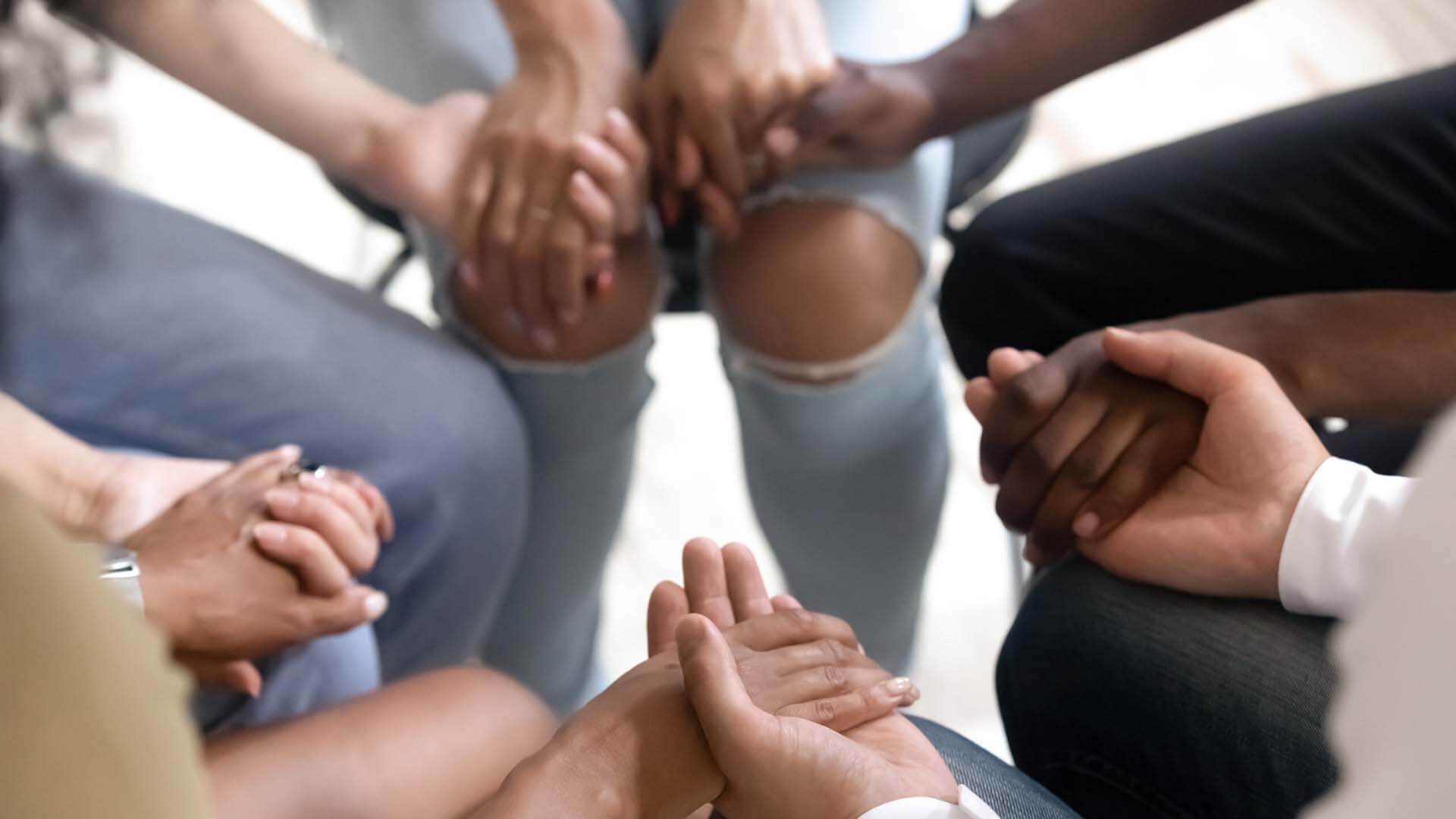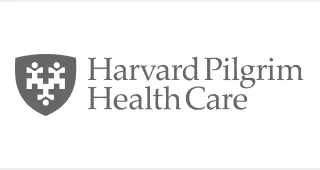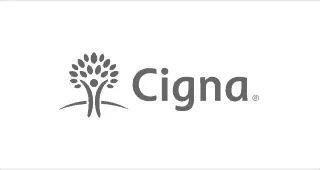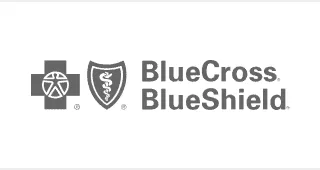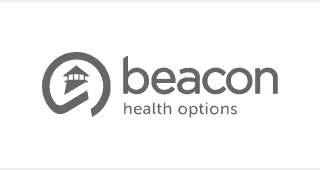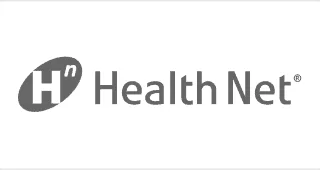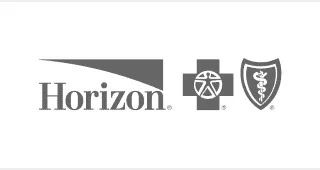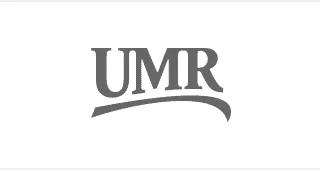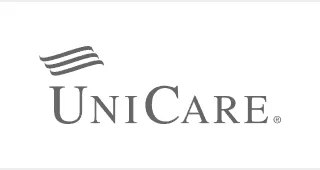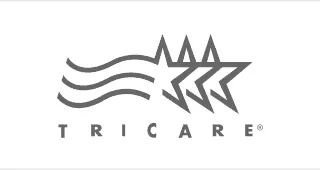Our Programs For Drug and Alcohol Rehab
Discover Personal Healing At Achieve Wellness & Recovery
Discover Personal Healing With Our Addiction Treatment Programs
The struggle with alcohol and substance dependence is a challenging life obstacle. But healing is not impossible. There is hope in holistic addiction treatment programs. There is a path to a successful future free of harmful substances and controlling habits.
It Starts Here. It Starts Today.
Stop the cycle of unhealthy habits and discouraging consequences. Stop settling on what life could and should look like for you. Begin a new life with healthy habits. Start enjoying life again. Start fresh today for a happier, healthier tomorrow.
At Achieve Wellness and Recovery, we’ve designed several evidence-based and highly effective treatment programs that are designed to facilitate lasting personal wellness. Our addiction treatment teams are well-equipped to help you navigate the mental, emotional, and physical demands of recovery without restrictive on-site housing requirements.
Our comprehensive and compassionate addiction treatment programs and therapies are your next step in wellness and recovery.
Discover Personal Healing and Activate Lasting Renewal At Achieve Wellness & Recovery
Substance and alcohol recovery is one of life’s mountains. It may not be an easy journey, but it can be simple and highly rewarding. Don’t let this struggle define you and your life. Seek effective and holistic addiction treatment programs and begin your recovery today.
Hope is on the other side of healing at Achieve Wellness and Recovery.
We accept most private insurances. If you do not see your insurance listed, please call us for a free verification of coverage.
We work with most insurance companies. Please note we are not affiliated with or endorsed by insurance companies.
No Medicaid Accepted.





